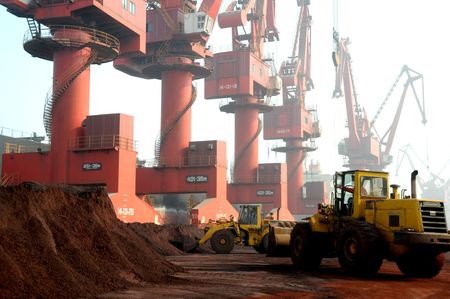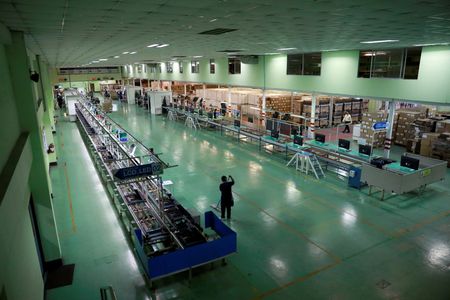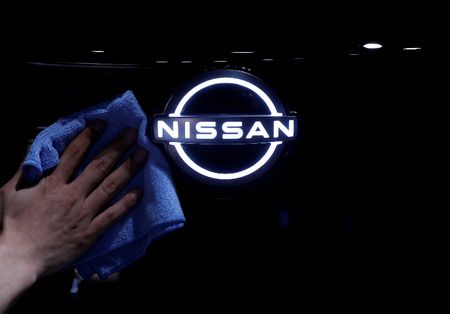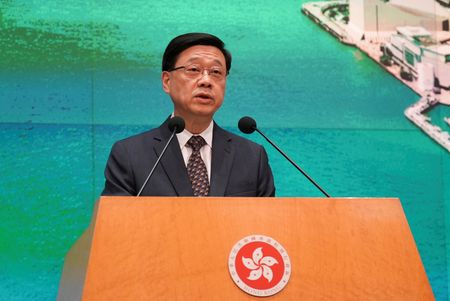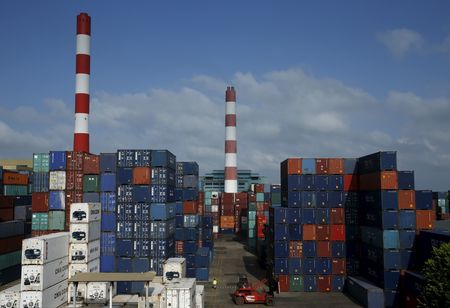By Mei Mei Chu
BEIJING (Reuters) -European firms are expecting more shutdowns and suffering losses as Beijing continues to hold a tight grip on rare earth exports despite a July agreement to fast-track shipments to the bloc, the European Union Chamber of Commerce in China said on Tuesday.
“Irrespective of the agreements and commitments reached at the EU-China summit on the 24th of July, we continue to see significant bottlenecks for our members,” Jens Eskelund, the chamber’s president, told reporters.
Automakers in Europe and elsewhere faced production delays and widespread shutdowns after Beijing introduced export controls on some rare earths and related magnets following tariffs announced by U.S. President Donald Trump.
Chipmakers also petitioned Beijing for relief.
China refines and processes the vast majority of rare earths, which are in demand from automakers, the defence industry and others. China has defended its export curbs as “non-discriminatory” and not targeted at any specific country.
During a July summit between European Commission President Ursula von der Leyen and Chinese President Xi Jinping, China agreed to fast-track licences for critical raw materials for European companies, although it fell short of EU’s wish for China to grant licences for a longer period or to scrap them for exports to the bloc.
Licence approvals have slowed just two months after the summit, and the chamber said it was starting to receive an increase in complaints and requests for help from its members.
“I think it’s fair to say we have not seen a material shift since the summit,” Eskelund said.
The chamber expects more companies to stop work as a result.
Chinese customs data show rare earth magnet exports, including to Europe, have soared since June following the deals agreed with the U.S. and the European Union.
Eskelund said less than a quarter of some 140 export licence applications that the chamber has been involved with had been approved by Chinese authorities. Some companies are preemptively submitting application forms in anticipation of shipment delays that could cause significant losses, he added.
“We have a number of members who are right now suffering losses because of these bottlenecks,” Eskelund said.
(Reporting by Mei Mei Chu in Beijing; Editing by Jamie Freed)

